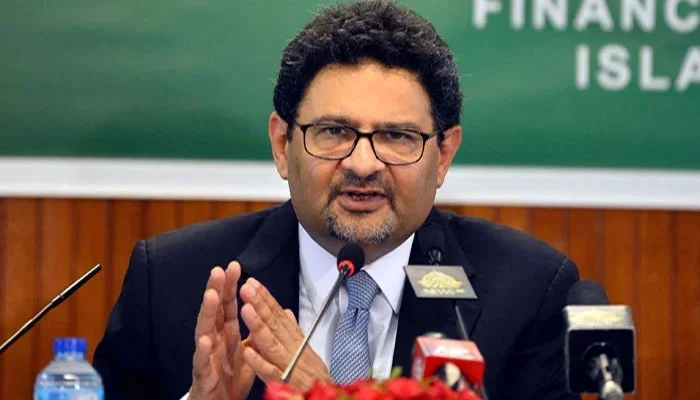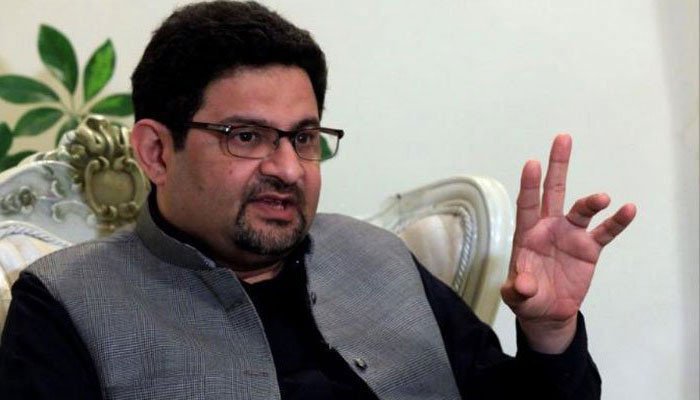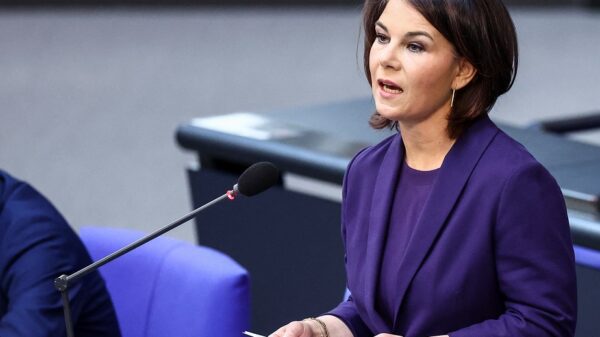ISLAMABAD: Amid the nationwide protests against inflated electricity bills, former finance minister Miftah Ismail disclosed that the caretaker government would need approval from the International Monetary Fund (IMF) before providing relief to consumers using 200 to 300 units of electricity per month.
On June 30, Pakistan and the IMF reached a significant staff-level agreement (SLA) regarding a $3 billion “stand-by arrangement” (SBA), in which the financially strained nation consented to the “stringent” conditions set forth by the global lender.
Miftah conveyed that the caretaker administration possesses the ability to alleviate the tax burden on domestic consumers using up to 300 units of electricity.
He highlighted, “The IMF will be amenable to addressing the issue of bills if the government approaches the fund with humility.”
Recalling his tenure as finance minister, Miftah stated, “Shehbaz Sharif instructed me not to raise power tariffs for those consuming up to 200 units.”
He further elaborated that he discussed the matter with the IMF and subsequently obtained the international lender’s approval for his request.
Miftah remarked that electricity prices in the country have reached unprecedented levels, emphasizing that the government can eliminate sales tax from electricity bills, but it must still meet the tax collection target.
He questioned, “If sales tax is removed from electricity bills, where will it be collected from?”

potential consequences
Meanwhile, highlighting the potential consequences, he noted that if the government refrains from imposing sales tax on property, agriculture, and the services sector, the burden would be shifted to the less affluent, as it currently is.
He called upon political party leaders from across the spectrum to devise a strategy for taxing the affluent, asserting that taxes should not be solely shouldered by the poor.
He also suggested renegotiating expired contracts from 1994 and 2002 to establish new agreements for generating more cost-effective electricity. Miftah further proposed the privatization of all electricity distribution companies (discos) in the country.
Responding to another query, the former finance minister clarified that the inflated electricity bills were not the fault of the caretaker government. He maintained that consumers were covering the costs of power theft and the escalating circular debt










